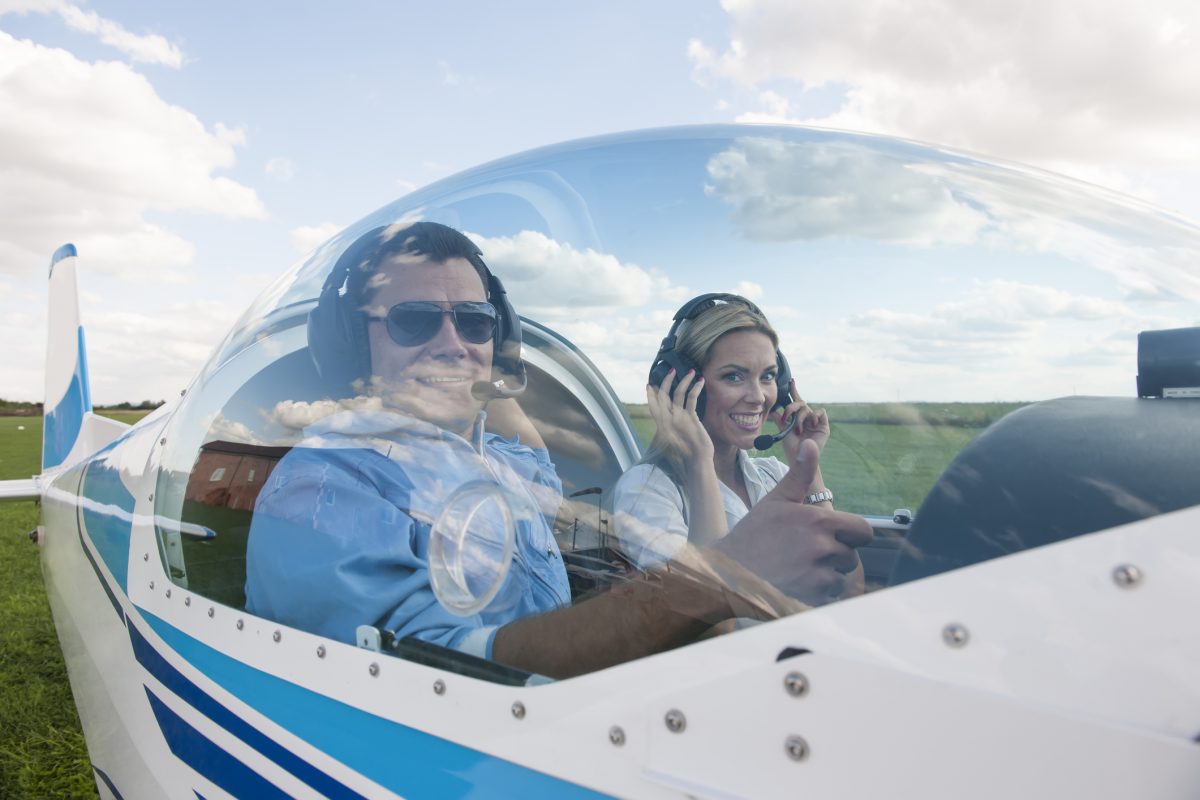
One of the best ways pilots can develop and maintain their flying skills, improve safety, and reach their personal flying goals is by conducting organized flight debriefs. Whether you’re a student pilot learning to fly or training for a new instrument certification, conducting a post-flight analysis is a valuable tool to reinforce learning and correct bad habits. Here’s how the post-flight debrief can help you become a better pilot.
Retain information
Conducting a post-flight debrief immediately after landing can help pilots remember the flight with better accuracy and commit new information to memory. For student pilots or pilots earning a new certification or rating, debriefing after each flight lesson can be particularly helpful in improving retention and making the most of the flight training experience.
Improve safety
According to the AOPA Air Safety Institute, pilot-related mishaps and errors accounted for 75 percent of all general aviation accident reports in 2017. Fortunately, the majority of pilot-related accidents are avoidable. By conducting a post-flight debrief, pilots of all experience levels can take stock of their mistakes made during flight and contribute to improving the overall safety of general aviation.
Reflect on the flying experience
The post-flight debrief is the perfect opportunity for pilots to evaluate their performance after a flight and identify knowledge gaps in their training. Psychologist and flight instructor Dr. Janet Lapp suggests student pilots use a notepad or debriefing form to assess their performance after each training flight and jot down any questions they had during the flight. By taking the time to identify and document any knowledge gaps or emerging issues, students can accelerate their progress and prevent bad habits from forming.
An effective post-flight debrief doesn’t need to be overly detailed or time-consuming. Simply taking the time to review the flight after landing by using a self-rating system or taking notes can lead to significant improvements in pilot safety and proficiency.